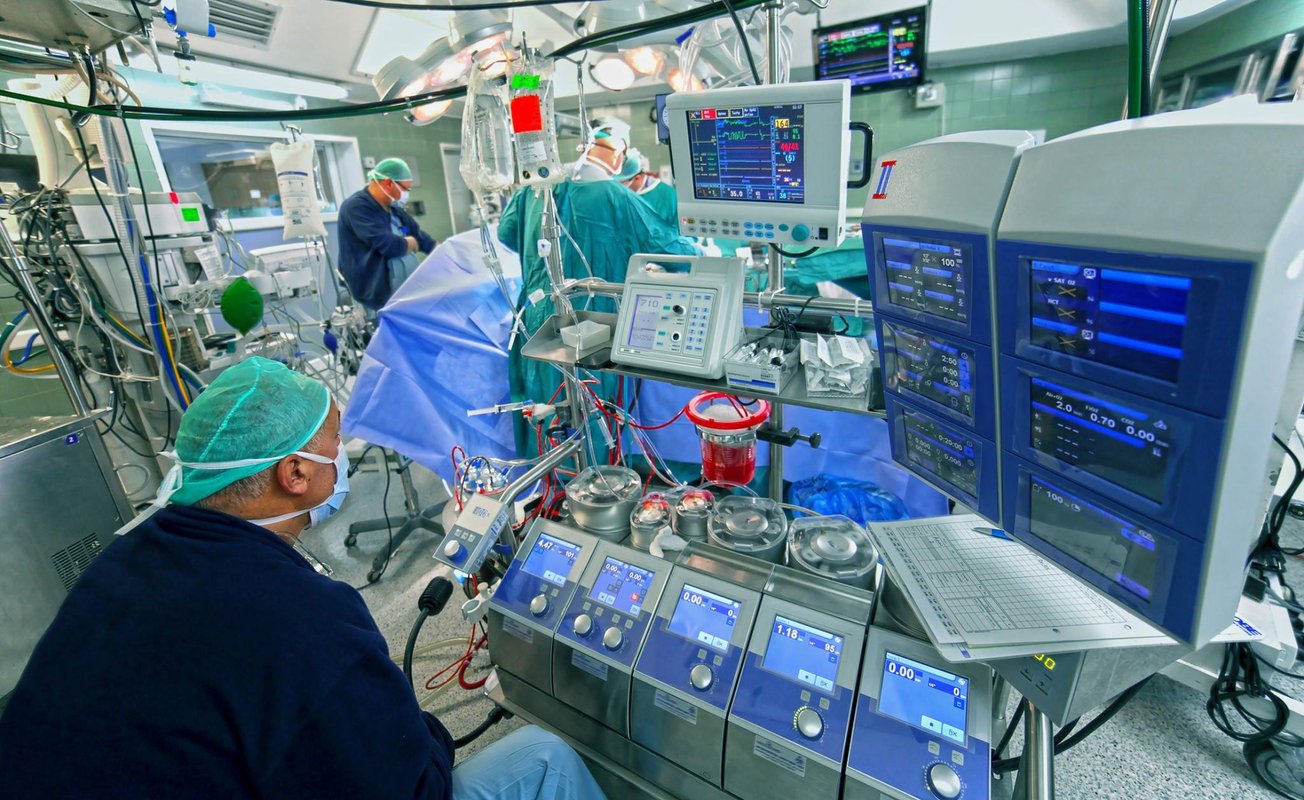
Financial aid (may be available)

$173 to start
$2,200 total
$309 total
$276 total
$285 total
$296 total
No cost info
No cost info
$607 total
No cost info
$1,599 total
No cost info
In the world of healthcare, the ability to effectively respond to cardiovascular emergencies can mark the difference between life and death. Advanced Cardiovascular Life Support (ACLS) training is therefore a vital educational pathway for healthcare professionals. This blog post explores what ACLS entails, its training requirements, how to choose the right class, and what to expect from this training. We will also delve into the certification process, related job opportunities, and potential further education after becoming ACLS certified.

ACLS is a set of clinical interventions for the urgent treatment of cardiac arrest, stroke, and other life-threatening medical emergencies. It extends beyond the basic life support (BLS) of CPR and defibrillation to encompass effective resuscitation team dynamics, airway management, and pharmacology, among other aspects. ACLS training is primarily designed for healthcare professionals who either direct or participate in the management of cardiopulmonary arrest or other cardiovascular emergencies.
ACLS training requires a certain level of pre-existing medical knowledge. Before embarking on an ACLS course, individuals must have a strong understanding of:
Basic life support (BLS) skills
ECG Rhythm Recognition
Basic drug pharmacology
Airway management and equipment
The above requirements ensure that trainees can fully engage with the complex and fast-paced nature of ACLS training.
When searching for an ACLS class, consider the following factors:
Accreditation: Ensure the course is accredited by a recognized health organization, such as the American Heart Association (AHA).
Course Content: The course should cover all aspects of ACLS, including team dynamics, airway management, ACLS cases for specific disorders, and post-cardiac care.
Teaching Methods: Look for a mix of teaching methods, including theoretical instruction, hands-on practice, and simulation training.
Instructor Credentials: Instructors should be experienced healthcare professionals with deep knowledge of ACLS.
ACLS classes are often intensive, due to the breadth and depth of knowledge required. The day-to-day class will generally consist of:
Theoretical Lessons: These cover the principles of ACLS, including pharmacology, ECG interpretation, and emergency procedures.
Practical Training: This involves practicing skills such as defibrillation, intravenous line insertion, and airway management.
Simulation Scenarios: These real-life simulations of cardiac emergencies allow trainees to apply their knowledge in a controlled environment.
The certification process typically involves a written exam and a skills assessment. The written exam tests theoretical knowledge, while the skills assessment evaluates practical abilities in simulated emergency scenarios. Upon successful completion of both components, trainees receive an ACLS Provider Card, verifying their competence in ACLS.
ACLS certification opens up a range of job opportunities in healthcare. Certified individuals may find roles in emergency medicine, intensive care units, cardiac care units, and operating rooms. To find related jobs, consider platforms such as Dreambound, which provide comprehensive information on vocational training programs and related job opportunities.
After ACLS certification, healthcare professionals may wish to further their education with courses like Pediatric Advanced Life Support (PALS) or Critical Care Paramedic (CCP) certification. These programs build on the knowledge and skills acquired in ACLS training, providing additional expertise in specific areas of emergency healthcare.
Buffalo offers a wealth of opportunities for healthcare training beyond ACLS. These include:
Emergency Medical Technician (EMT) Training: This prepares individuals to respond to medical emergencies in pre-hospital settings. More information can be found in our blog on becoming an EMT in New York.
Phlebotomy Training: This equips individuals with the skills to draw blood for medical testing, transfusions, or research. Refer to our blog on becoming a phlebotomist in New York for more details.
Certified Medication Aide (CMA) Training: This trains individuals to administer medication under the supervision of healthcare professionals. Our blog on becoming a certified medication aide in New York provides further information.
ACLS certification is a valuable asset for any healthcare professional, providing the vital skills needed to respond to cardiovascular emergencies. To find an ACLS class near you in Buffalo, consider using platforms like Dreambound that offer comprehensive information on vocational training programs. Whether you're just starting your healthcare career or looking to enhance your skills, ACLS certification can open the door to a range of rewarding opportunities in the field.
Dreambound simplifies your start in this field with tailored guides for various cities. If life takes you elsewhere or you're thinking about a move, our other guides can help you figure out what to expect.
Thinking about making a big change in your career path? It's important to be well-informed before starting off on your journey. Dreambound has written hundreds of in-depth guides to help. Explore some of these resources below.
Dreambound's platform allows prospective students to find the right educational program for them through searching, filtering, and connecting with our extensive selection of career & technical education partners.
Dreambound has over 70 programs across healthcare, technology, business, and industrial trades. This includes programs such as Medical Billing, Cybersecurity, and welding.
Some of our schools offer financial aid for those who qualify. Many others offer payment plans, where you can pay the cost of class over time.
Yes, Dreambound offers many online programs. On Dreambound's search, you can filter by online, in-person, and hybrid (part online, part in-person).
Dreambound is completely free for you to use! We are supported by schools and organizations who pay to advertise on our website, so we can offer all of our career resources for free.